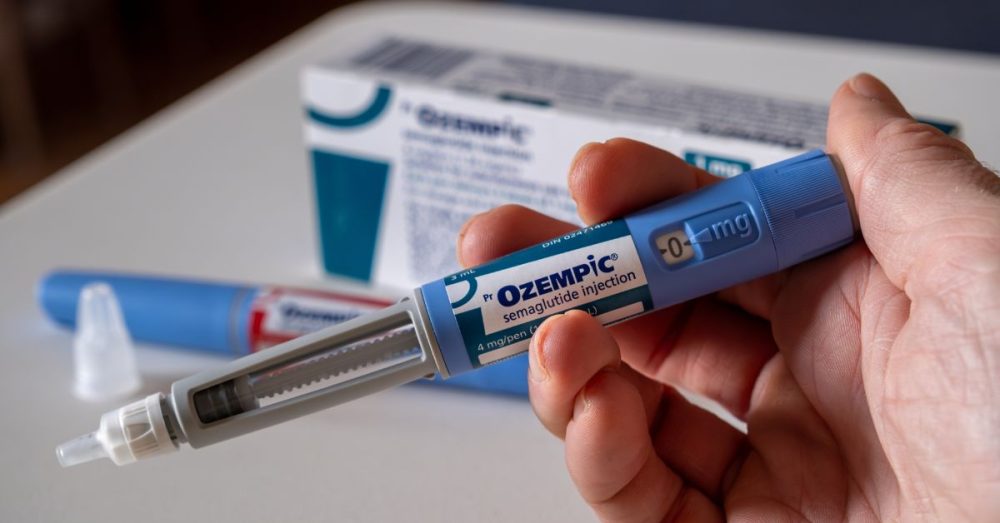A Harvard study says the popular weight loss drug semaglutide could benefit many more Americans than previously thought.
Researchers say a majority of American adults are eligible to take semaglutide, the active ingredient in Wegovy and Ozempic. According to the study, 136.8 million Americans are estimated to meet the criteria, more than half of all adults in the country. Currently, around 12% of American adults say they have tried GLP-1’s.
The authors say that most of the group would take semaglutide for their obesity, but roughly 30 million would benefit most from using it to manage type 2 diabetes or reduce their risk of cardiovascular disease.
Last month, The Dallas Express reported that Ozempic’s sister drug, Rybelsus, showed promising results in reducing heart risk. The Danish company Novo Nordisk, the drugmaker behind Rybelsus, is currently seeking approval to circulate the medication in the United States and Europe beginning in 2025.
“A total of nearly 137 million adults, representing more than half of all US adults, are eligible for semaglutide therapy. This exceeds the number of adults eligible for statins (approximately 82 million), currently the most prescribed pharmaceuticals among US adults,” read the report published in JAMA Cardiology on November 18.
While semaglutide has been linked to other benefits as well, like reducing Alzheimer’s risk and helping to control alcohol use disorder, the drug also has potential side effects. Ozempic has been the target of numerous lawsuits, with some patients reporting paralysis, blindness, and teeth loss. Some have also reported the drugs led to suicidal thoughts.
With the average cost of Ozempic around $1,000 a month and Wegovy roughly $1,300, the weight loss drugs are not exactly cheap. The authors of the study point out the potentially massive cost that would be incurred to medicate so many Americans.
“The large number of US adults eligible for semaglutide highlights its potential impact on pharmaceutical spending and population health. Moreover, since more than half of US adults who have taken GLP-1 receptor agonists state the therapy was difficult to afford, interventions to reduce economic barriers to access are urgently needed,” the study concluded.


